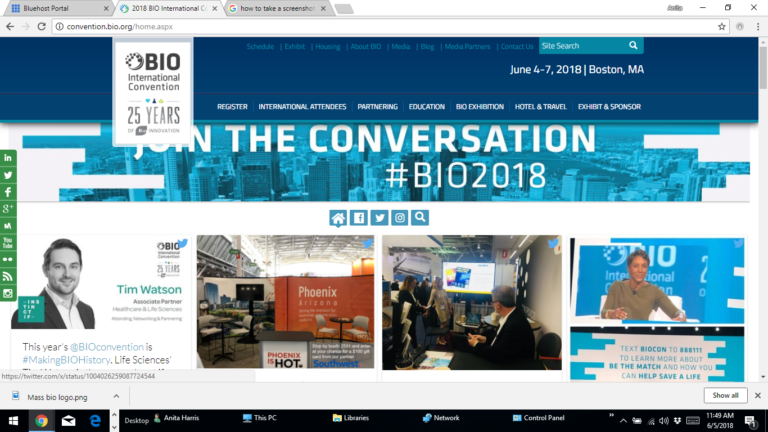Speaking at the British Consulate in Kendall Square, last week, Morgan Stanley Chief Market Strategist David Kelly predicted slow (3%) growth for the US economy in 2012–unless there are no major disruptions like last year’s Arab Spring, the European Debt Crisis, the Tsunami in Japan or what he termed a “home grown” crisis like the one created when Congress allowed this country to hover on the brink of default rather than raise the debt ceiling.
While the deficit is cause for concern, he said, a default would have thrown the nation into a true “great depression.” In diminishing its debt, the US should proceed slowly. Both tax and entitlement reforms are needed, he said, and moving bit by bit can lead to a balanced budget within 7 years (?) whereas trying to change everything all at once could lead to disaster.
Despite the crises of 2011, he pointed out, the Standard and Poor’s Index ended up just .003 percent lower than it had been at the year’s start. The coming year will be one of uncertainty, but “the US economy can grow through that, ” he said.
According to Kelly, factors in several areas will likely lead to growth:
Housing:
-The current very low level of housing starts, low inventories and rising rents will lead to greater demand for homes, especially as consumer finances continue to improve.
-With mortgage rates at 3.8 percent, consumers are refinancing their homes, which means that consumers now have 14% disposable income, compared with 11% in 2007.
-This is the most affordable housing market “ever. ” Mortgage payments now account for just 10 percent of average household income–which means that people have more money to spend elsewhere.
Automobile:
-The age of the average vehicle in the US has risen from 9.8 several years ago to ten years; as cars break down, sales will go up.
Capital Spending
-Companies have held back on capital spending; as confidence rises, spending will increase.%.
The key to it all, he emphasized, is confidence that the economy will improve. Still, he said, he wished that Ben Bernacke and the Federal Reserve Bank would take the year off “to work on their golf game” instead of telling people that interest rates will remain low for the next few years–which encourages people to put off spending. What is more, he said, keeping interest rates low will discourage banks from lending–because they do not want to be locked in to low rates for thirty years, when they know that rates are likely to rise a few years from now.
A link to Morgan Stanley’s Guide to the Markets for Q1 2012 is available at
https://www.jpmorganfunds.com/cm/Satellite?pagename=jpmfVanityWrapper&UserFriendlyURL=insidemarket_browsetheguide
—Anita M. Harris
New Cambridge Observer is a publication of the Harris Communications Group, a strategic PR firm specializing in integrated marketing communications, thought leadership, media relations and social media for companies in health, science, technology and energy, worldwide.



